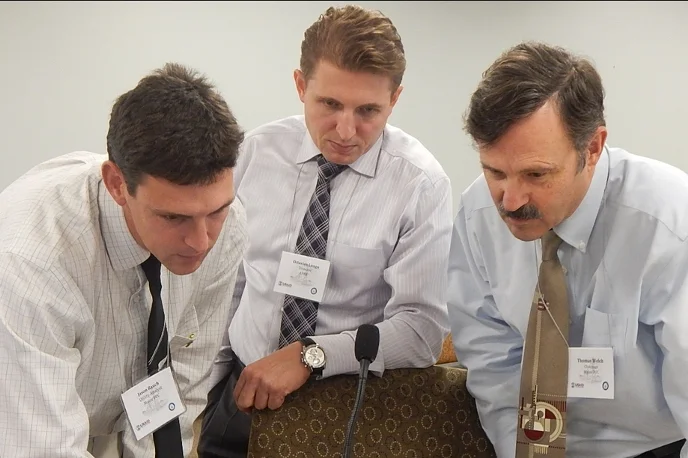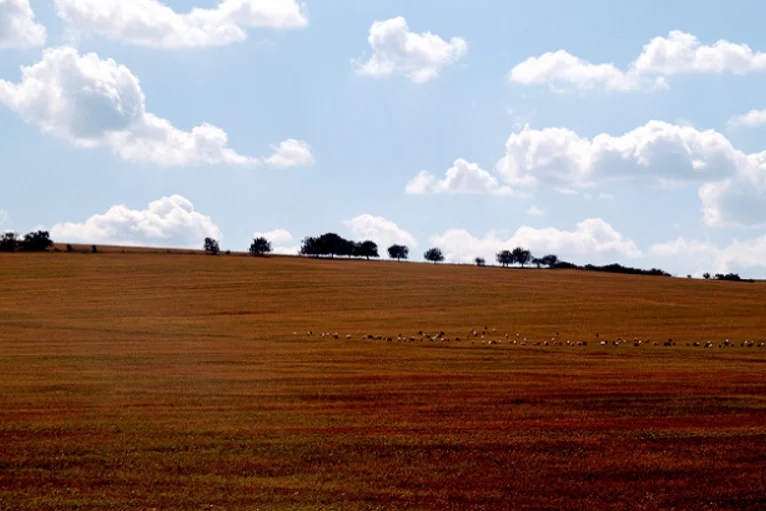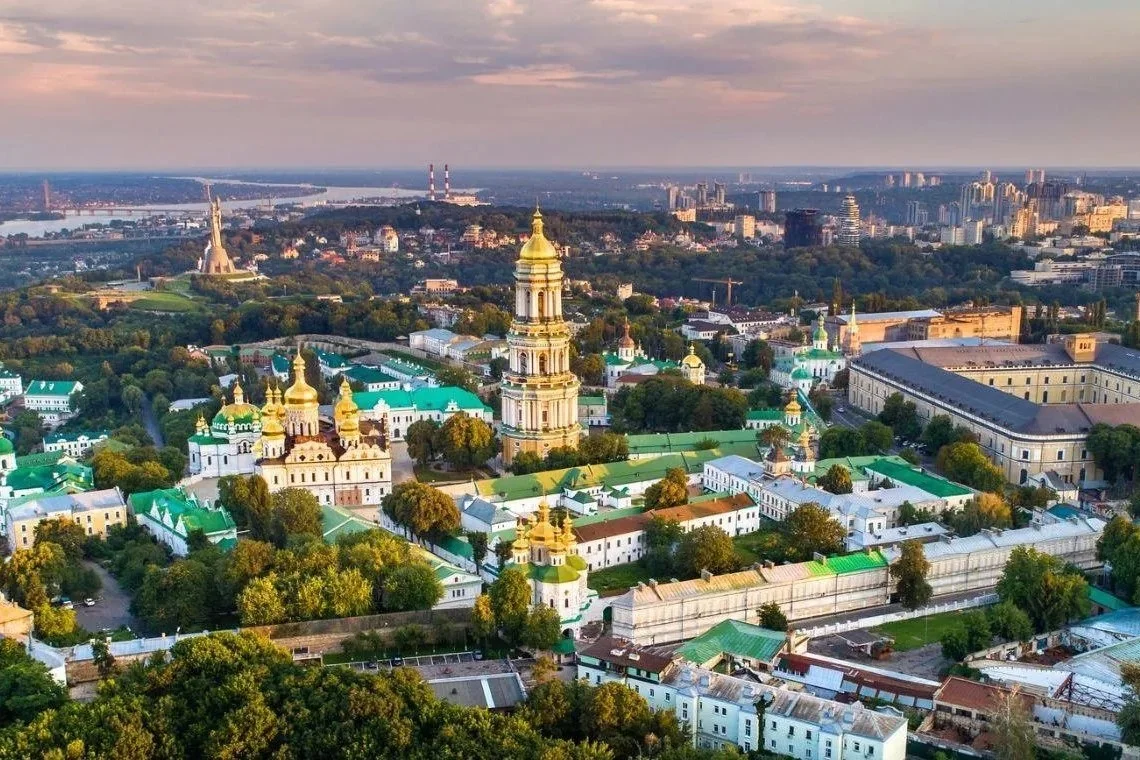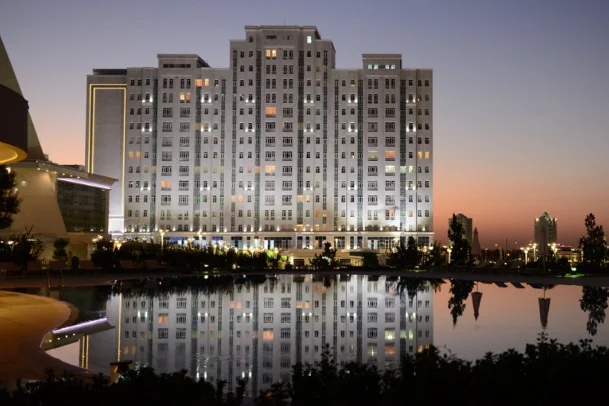Sustainable land and water use in the Republic of Moldova

In the Republic of Moldova, over 140,000 rural people will benefit from integrated natural resource management and the sustainability of land and water resources, thanks to a new USD 1.66 million project. Financed by the Global Environmental Facility (GEF) and implemented by FAO in partnership with the Ministry of Agriculture, Regional Development, and Environment, the effort will improve the provision of ecosystem services from the local landscape.
Additionally, the project’s goal is to elicit behavioral change and support learning in 32 northeastern villages. This will be achieved using integrated natural resource management for two pilot regions in the Orhei, Rezina, and Șoldănești districts, ultimately paving the way to achieving land degradation neutrality and improving livelihoods across the country.
“To address the challenges related to the promotion of climate-smart agriculture, implementing integrated management of natural resources, and achieving land degradation neutrality, we will also strengthen the policy and institutional environment and ensure inter-sectoral collaboration,” said Raimund Jehle, FAO Representative in Moldova.
The work officially began with a virtual workshop held today to discuss and agree on the project implementation strategy, review the work plan, and launch the cooperation process among all stakeholders. The event gathered representatives from the Ministry of Agriculture, Regional Development, and Environment; the UN Resident Coordinator and UN agencies; agriculture and soil-related research institutions and academia; the non-governmental sector; and farmer associations. The aim was to reach an agreement on the project implementation strategy, work plan, and the institutional roles of project partners.
The activities of the GEF-funded FAO project are designed around three main components: (i) creating an enabling environment for integrated natural resource management at national and sub-national levels; (ii) restoring the productivity and resilience of production landscapes through an integrated approach; and (iii) ensuring learning and sharing of lessons learned through effective project monitoring, evaluation, and adaptive management.
FAO’s contribution to land degradation neutrality is based on the Organization’s comparative advantage and expertise in policy development on sustainable land management and addressing land degradation, including governance and land rights, and its role as the foremost global custodian of agricultural information.
 Albania
Albania Algeria
Algeria Andorra
Andorra Argentina
Argentina Armenia
Armenia Australia
Australia Austria
Austria Azerbaijan
Azerbaijan Bahrain
Bahrain Belgium
Belgium Bolivia
Bolivia Brazil
Brazil Bulgaria
Bulgaria Cambodia
Cambodia Cameroon
Cameroon Canada
Canada Chad
Chad Chile
Chile China
China Colombia
Colombia Costa Rica
Costa Rica Croatia
Croatia Cyprus
Cyprus Czechia
Czechia Denmark
Denmark Ecuador
Ecuador Egypt
Egypt Finland
Finland France
France Georgia
Georgia Germany
Germany Ghana
Ghana Greece
Greece Hungary
Hungary Iceland
Iceland India
India Indonesia
Indonesia Ireland
Ireland Italy
Italy Jamaica
Jamaica Japan
Japan Jordan
Jordan Kazakhstan
Kazakhstan Kenya
Kenya Kuwait
Kuwait Latvia
Latvia Lebanon
Lebanon Libya
Libya Lithuania
Lithuania Luxembourg
Luxembourg Malaysia
Malaysia Maldives
Maldives Mali
Mali Malta
Malta Mexico
Mexico Moldova
Moldova Monaco
Monaco Morocco
Morocco Netherlands
Netherlands New Zealand
New Zealand Nigeria
Nigeria North Macedonia
North Macedonia Norway
Norway Oman
Oman




